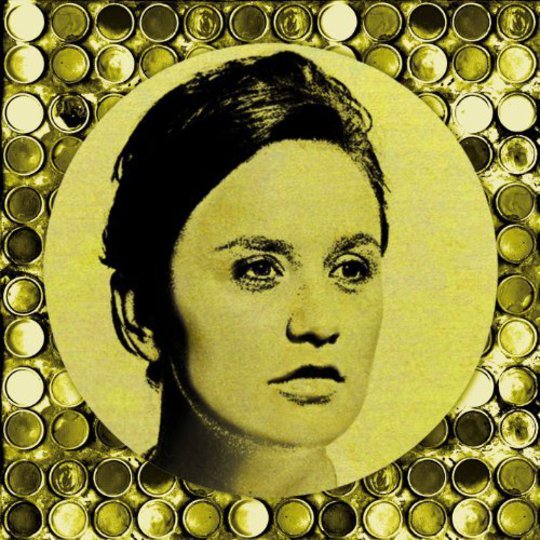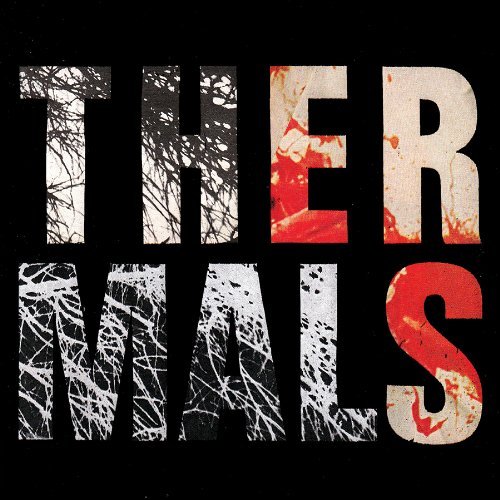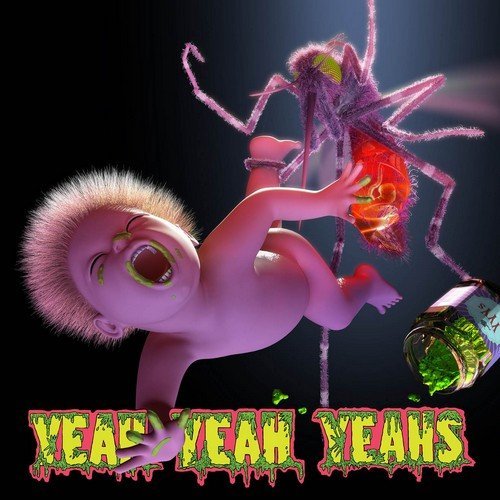We’re often told that globalisation-empowering technology, instant connectivity and microscopic, interactive media coverage is the scourge of 'community'; that we’re all now disconnected, self-obsessed consumers.
I’d argue that it’s worse than that though: that globalisation-empowering technology, instant connectivity and microscopic, interactive media coverage mean that now no one even has to try to be part of whatever world-shaping event may take place. We can see collapses, disasters and injustices happening in real time and so, despite being utterly meaningless pending piles of dust as individuals, we all live them with a terrifyingly cold lack of empathy.
Cheri MacNeil, AKA Dear Reader, spent 11 years at a primary school in the north of Johannesburg, not far from what was once an isolated farm called Lilliesleaf in the village of Rivonia. This was where, in 1963, South African police arrested 19 members of the African National Congress, the underground organisation run by the already imprisoned Nelson Mandela, which sought to overthrow the ruling apartheid government. From firsthand experience of growing up in the heartland of apartheid South Africa is therefore born Rivonia, an album of 11 stories inspired by MacNeil’s homeland. The personal nature of these stories lends the record an extra gravitas.
This isn’t the first time Dear Reader has edged into concept album territory. Previous album Idealistic Animals dealt with MacNeil’s loss of faith and splintering of the group as a duo with producer/bass player Darryl Torr and the result was a pleasant-if-inessential alternative twee pop record. Similarly, Rivonia is deeply personalised but the lyrics’ subject matter is far weightier; “What does it mean? The thumbs are blue and the ballots are green/Nancy and Sarah/Are singing ‘Hosanna’... what does it mean for the future?” she sings on ’27.04.1994’, recalling South Africa’s first mixed race elections on that day. On ‘They Took Them Away’ MacNeil recalls (perhaps given disingenuously, given that in pictures she doesn’t look old enough to have been at school back then) that day in 1963: White and black together sat/I just stood and stared/How was I to know what it all meant?”.
Still, I’ve never been one to place a huge amount of importance on lyrics; as Jarvis Cocker once wrote, they’re not poetry but merely part of the song. Musically there’s some evolution here from Dear Reader’s previous work but it remains unapologetically twee enough that the album art should have been an Instagrammed picture of Zooey Deschanel hanging out in a coffee-cum-vintage-clothing shop on the set of a remake of Amélie. The vocals are perhaps a little too sugar-coated to carry the import of the era in history MacNeil is singing about, but then this can probably be excused given the personal nature of the songs. More interesting is the way vocal harmonies are used on the likes of ‘Down Under, Mining’ as augmentation for the rhythm section. Elsewhere though it’s the pianos, the horns and the accordions you kind of expect.
-
7Dan Lucas's Score






















